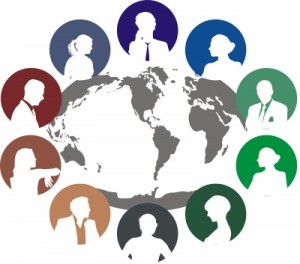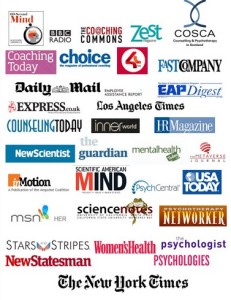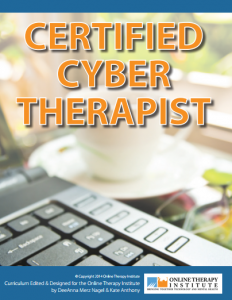 According to a recent Pew study, 80% of Internet users use the web to research health information. This is understandable: it’s both quicker and cheaper to do an online search than to schedule and make a medical visit. Unlike the wild west of the web twenty years ago, people can now find valid answers to medical issues via trusted sites like WebMD and MayoClinic.com. Though doctors may tire of patients with Wikipedia print-outs of exotic diseases they don’t have, these sites can arm patients with valuable information that can prevent or inform medical visits.
According to a recent Pew study, 80% of Internet users use the web to research health information. This is understandable: it’s both quicker and cheaper to do an online search than to schedule and make a medical visit. Unlike the wild west of the web twenty years ago, people can now find valid answers to medical issues via trusted sites like WebMD and MayoClinic.com. Though doctors may tire of patients with Wikipedia print-outs of exotic diseases they don’t have, these sites can arm patients with valuable information that can prevent or inform medical visits.
Further, over 40% of online searchers report reading someone else’s experience with a health issue. Of the twenty-six categories in Yahoo! Answers, a popular yet much-maligned source of user commentary on many subjects, “Health” questions were the fourth most-asked. Expanding the “Health” field to include psychology-related queries in “Society and Culture” and “Family and Relationships,” these questions dominate the top eight categories, out-numbered only by questions about “Entertainment and Music.”
… read the complete story ~ http://issuu.com/onlinetherapyinstitute/docs/tiltimagiss6?mode=window&pageNumber=64
This article first appeared in the January 2012 issue of TILT Magazine ~ Therapeutic Innovations in Light of Technology.
Mark Goldenson is CEO of Breakthrough.com, a free virtual office for online therapy.


